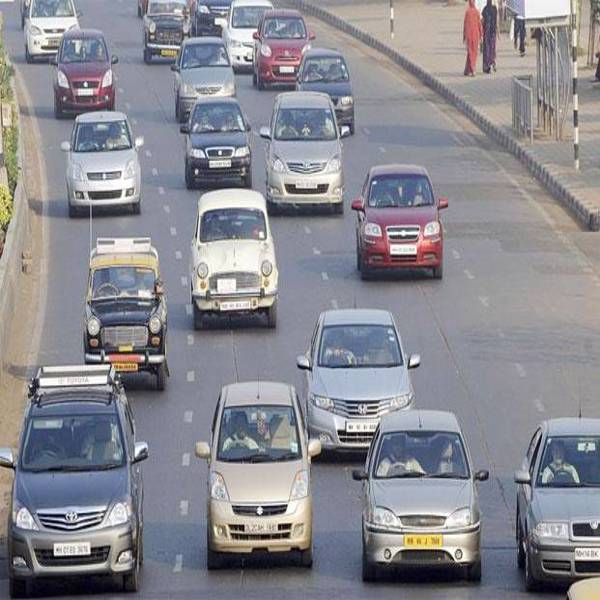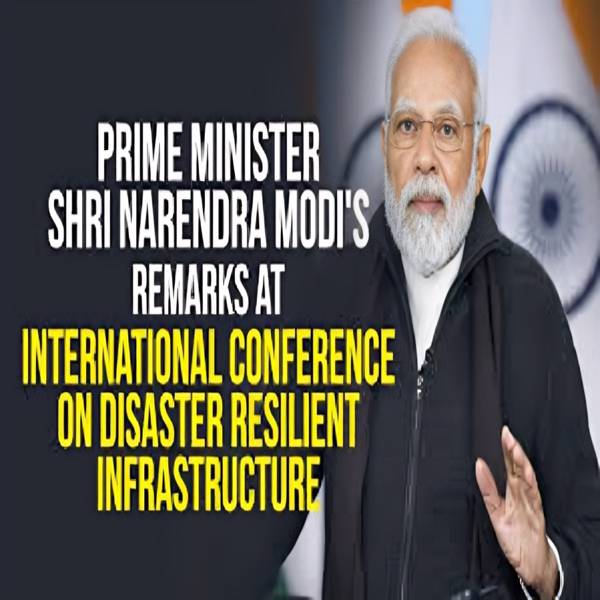Delhi govt. says the legislation mandates government registration and licensing within 90 days of the length of time for notifying potential participants.
To mitigate the persistent air pollution issue in Delhi, the Delhi government has enacted the Delhi Motor Vehicle Aggregator and Delivery Service Provider Scheme, compelling cab aggregators and delivery service providers to replace their fleets with electric vehicles by 2030.
The plan is part of a comprehensive strategy to curb vehicle emissions, a significant source of air pollution in the city. Other measures such as reducing reliance on private vehicles, promoting carpooling, and implementing sticker emission standards. Delhi govt. anticipates that the new scheme will considerably uplift air quality in the city and render it into a more convivial enclave for its residents.
Delhi’s new transportation policy includes all online taxi and delivery providers, courier services, and Zero-emission delivery vehicles within urban limits. Relevant entities must submit their registration forms to the government within the stipulated period of 90 days from the policy introduction on the effective date of the policy and secure a five-year license. The policy aims to streamline operations and establish regulations for Delhi’s transportation system, providing uninterrupted and effective services for everyone.
This groundbreaking move represents a momentous stride towards curtailing vehicle emissions and enhancing air quality in India.
In a pathbreaking initiative to mitigate air pollution, the Delhi government has imposed requirements on all aggregators, encompassing passenger transport providers like Ola and Uber, delivery service companies, and e-commerce platforms to solely utilize electric vehicles by 2030.
Despite HT’s effort to solicit responses, aggregators Ola and Uber declined to comment.
Despite the policy’s revival of bike taxi services, only electric two-wheeled vehicles will be authorized to function effectively immediately, the minister announced. This move aligns with the government’s directive issued in February command to stop all bike taxi operations on account of safety and passenger comfort issues. Taxi aggregators that disregarded this directive were subject to penalties of Rs. 5000 for initial violations and Rs. 10,000 for repeated offenses.
Delhi has embraced the cutting-edge urban community by permitting bike taxis, nonetheless, the policy mandates that all bike taxis operate solely on electric power.
Only electric motorcycles will be granted registration, effectively barring non-electric two-wheelers from operating. Vehicles without registrations will be confiscated, said “Transport Secretary cum Commissioner.
“Only electric bikes will be eligible for registration, effectively barring non-electric bikes from operating. Unregistered vehicles are subject to impoundment,” stated Transport Secretary cum Commissioner Ashish Kundra.
Bike Taxi driver expressed apprehensions regarding the financial strain associated with the transition to electric vehicles, appealing for an extended timeframe to complete the transition.
The new policy compels the aggregators to set up a round-the-clock command center and secure a license within a 90-day timeframe. Aggregators operating exclusively with electric vehicles are not liable for registration fees.
Delhi government has outlined ambitious timeframes for aggregators to embrace electric vehicles for their fleets.
- Passenger four-wheelers: 5% EVs within 6 months, 15% within 1 year, 25% within 2 years, 50% within 3 years, 75% within 4 years, and 100% by the end of 5 years.
- Goods four-wheelers: 5% EVs within 6 months, 15% within 1 year, 25% within 2 years, 50% within 3 years, 75% within 4 years, and 100% by the end of 5 years.
- Three-wheelers: 10% EVs within 6 months, 25% within 1 year, 50% within 2 years, 75% within 3 years, and 100% within 4 years.
- Two-wheelers: 100% EVs are required for passenger transport immediately. For e-commerce and delivery services: 10% EVs within 6 months, 25% within 1 year, 50% within 2 years, 75% within 3 years and 100% within 4 years.
- Non-adherence to the policy will result in a fine of Rs. 5,000 for the initial violation, with escalating penalties of up to Rs. 100,000 for subsequent infractions.
Also read : H-1B Visa renewals intiated domestically in United states starting in December
Environmental advocates lauded the government’s EV mandate, highlighting the role of mandates in fostering the growth of the electric vehicle market. Vehicles are a significant factor in Delhi’s air pollution woes, accounting for up to 30% of PM2.5 emissions during the wintertime.



